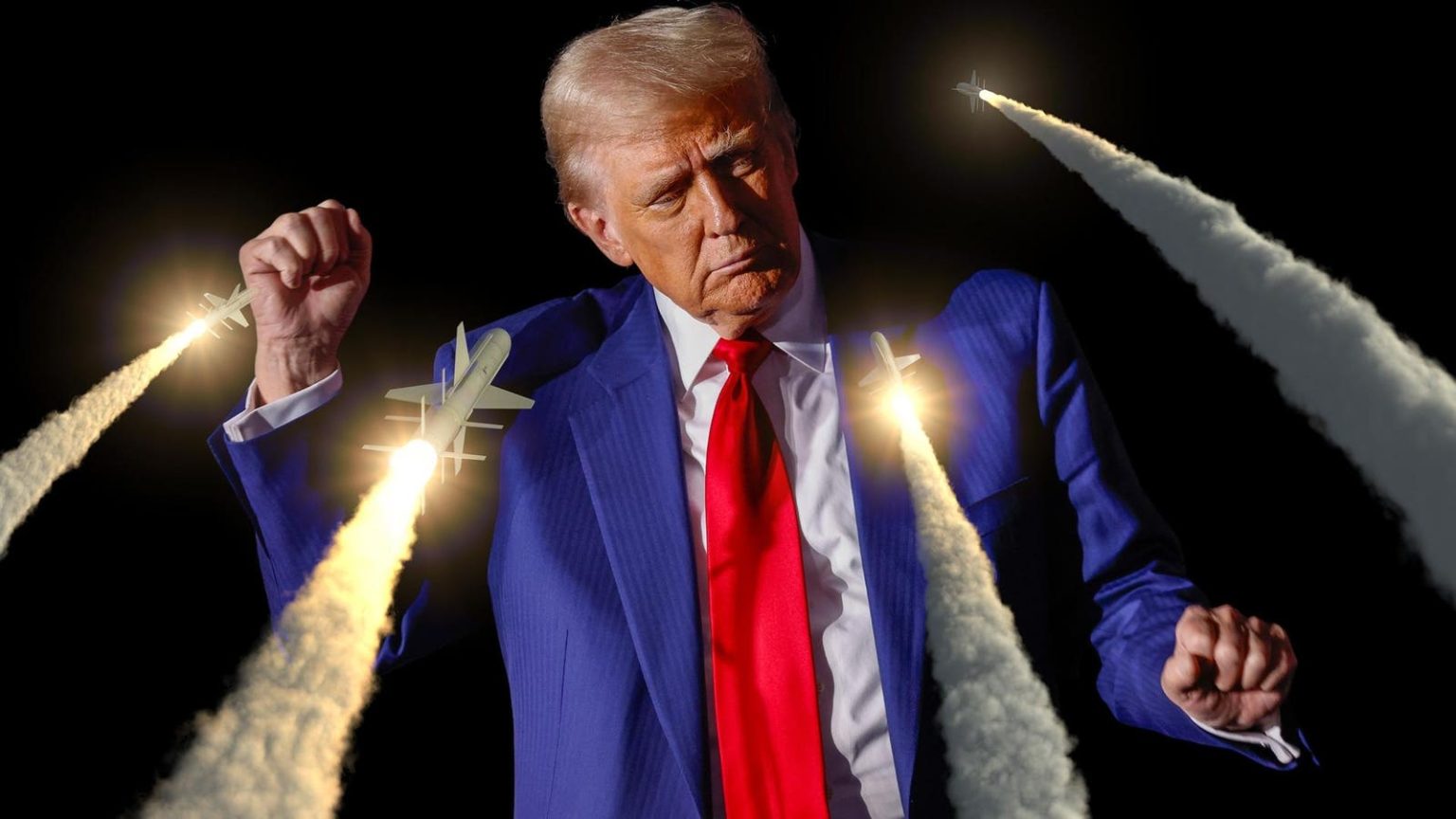A Silicon Valley Coalition Seeks to Reshape American Manufacturing Under Trump’s Vision
The resurgence of American manufacturing was a cornerstone of Donald Trump’s presidential campaigns. Now, a newly formed coalition of Silicon Valley heavyweights, the New American Industrial Alliance (NAIA), aims to translate that vision into reality. Backed by prominent venture capital firms like General Catalyst, 8VC, and Palantir, alongside tech startups, NAIA is positioning itself as the leading voice for companies investing in key sectors: weaponry, space exploration, and nuclear power. The group plans to actively influence policy and legislation starting in 2025, focusing on deregulation and increased government support for burgeoning manufacturing ventures. Their ambitious goals encompass a wide range of areas, from research and development to supply chain optimization, reflecting a belief that transforming physical industries requires a confluence of capital, innovation, and supportive government policies.
NAIA anticipates a receptive ear from the incoming Trump administration, given the alignment of their priorities with Trump’s stated goals, including tariff implementation and cost-cutting measures similar to those proposed by Elon Musk. Bolstering this expectation, several former Trump administration officials, some with close ties to the new administration, are advising NAIA. Among them are Nadia Schadlow, a former National Security Council staffer, and Chris Buskirk, co-founder of the conservative donor group Rockbridge Network with Vice President-elect J.D. Vance. This connection to the incoming administration, coupled with the group’s focus on “innovating at a basic tech level” and implementing those innovations into manufacturing processes, positions NAIA to potentially exert considerable influence.
While aligning strongly with the incoming Trump administration, NAIA insists on its bipartisan nature, emphasizing the shared interest across the political spectrum in strengthening domestic manufacturing and securing supply chains. The organization boasts a seven-figure sum raised from backers, including Sam Altman-supported nuclear startup Oklo and air taxi company Joby Aviation, with membership fees ranging from $10,000 to $250,000. Notable absences from the membership roster include SpaceX, Anduril, and Andreessen Horowitz. Y Combinator, a prominent startup incubator, has joined to advocate for procurement reforms and increased competition.
NAIA’s emergence coincides with a surge in venture capital investments in military weapons, aerospace, and nuclear energy, driven by global geopolitical concerns, including the conflict in Ukraine, Middle Eastern instability, and escalating competition with China. This influx of capital into sectors deemed critical for national security underscores the growing importance of these industries. NAIA aims to capitalize on this momentum and advocate for policies that further stimulate growth and innovation in these areas.
The organization has a clear agenda for the coming months, targeting the Pentagon budget and legislation related to semiconductors and nuclear energy, including the CHIPS Act and Advance Act. NAIA also plans to push for tax breaks and reduced permitting requirements for manufacturing facilities, potentially seeking exemptions from environmental reviews. The group cites the consolidation of defense companies in the 1990s as a prime example of what they hope to avoid. This period saw numerous mergers, leading to a few dominant contractors controlling the sector, which, according to NAIA, stifled competition and innovation.
NAIA’s leadership believes that globalization has significantly weakened the U.S. manufacturing sector while contributing to China’s rise. They intend to advocate for an "America First" economic policy, echoing Trump’s rhetoric. The organization’s leadership includes Austin Bishop, an investor at Tamarack Global, Julius Krein, the founder of American Affairs journal, and CEOs of manufacturing startups, Chris Power of Hadrian and Aaron Slodov of Atomic Industries. They conceived the idea for NAIA prior to a sold-out conference they co-organized called Reindustrialize, held in Detroit, where Silicon Valley and industrial leaders pledged to advocate for policies and build companies that would revitalize American manufacturing. This conference is expected to play a key role in advancing NAIA’s agenda and expanding its membership base, with a second conference planned for 2025. The organization believes it has a crucial four-year window to capitalize on the current recognition of the crisis in American manufacturing and implement significant changes to counter China and re-establish the U.S. as a manufacturing superpower.




